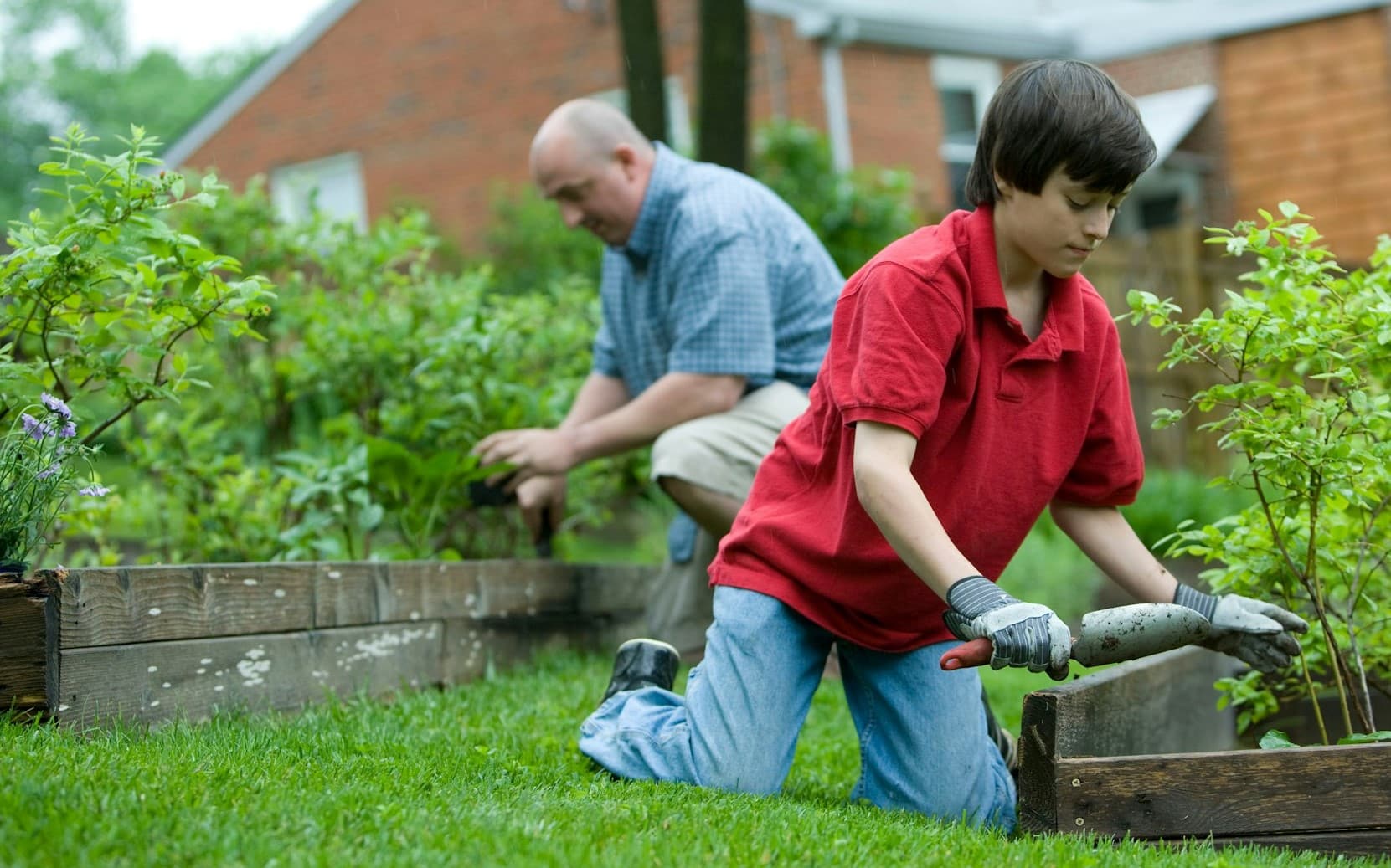By Colleen Matulaitis, RN, MSN, FNP-BC, Care Manager
Oh, Springtime! If you are like me, you cannot wait to get outdoors and enjoy some warmer temperatures and sunshine.
Whether you enjoy gardening, outdoor sports, or just lounging in the sunshine, please remember to take some simple precautions before heading outdoors.
Wear Sunscreen:
There is no time like the present to start applying sunscreen. It may not be 80 or 90 degrees yet, but the sun’s rays will still cause painful sunburns. So, let’s pull out last year’s stash or pick up some new sunscreen. You may also wear UV-protective clothing and hats. Let’s make sure the kids are protected as well.
Tick Awareness:
Protecting yourself from ticks cannot start too soon. Ticks are most active from April through September. So, when working outdoors, make sure your skin is covered. This means long pants, long-sleeved shirts, gloves, socks, and shoes. You should pretreat your clothes and outdoor gear with 0.5% Permethrin and use insect repellent containing DEET. Once you work outdoors, remove and wash your clothes as soon as possible. Check yourself carefully for any ticks and shower immediately. If you have outdoor animals, do regular checks on them as well. A tick must be attached for 36 hours to transmit Lymes disease, so the sooner you locate and remove a tic, the better. The CDC has excellent websites on protecting yourself from tick bites and removing a tick should you find one.
Other Insects:
Many of our everyday common insects can cause disease and illness in humans. Fortunately, most of these pests only cause minor annoyances. Let’s review a few simple tips to help keep you and your loved ones safe as you enjoy the great outdoors. Bees, spiders, mosquitos, and flies are some of my most dreaded outdoor companions, so I thought I would focus my attention on them.
Bee Safety:
Bees, wasps, and hornets are most abundant in the warmer months. Nests and hives may be found in trees, under roof eaves, or on equipment such as ladders. To protect yourself from unwanted bee stings:
- Be aware of your surroundings.
- Wear light-colored, smooth-finished clothing.
- Avoid scented soaps, shampoos, deodorants, or hair spray.
- Wear clean clothes and bathe daily, avoid flowering plants, and keep areas around your home clear of trash. If a bee is flying around you, remain calm.
- Leave the area, either look for shade or go indoors.
- Avoid swatting at a bee, this may cause it to sting you. If several stinging insects attack you simultaneously, run away, but do not jump in the water.
Some bees will hover over water and sting you when you return to the surface. If you have a severe allergy to bees, then make sure you have an EpiPen with you at all times and wear a medical alert bracelet. If you get stung, wash the area with soap and water. Remove the stinger by wiping over the area with gauze or your fingernail. Do not squeeze or use tweezers. Apply ice to control swelling and avoid scratching, which may make itching worse and possibly cause infection. Visit this CDC website for more information https://www.cdc.gov/niosh/topics/insects/beeswasphornets.html.
Spiders:
Most spiders are not poisonous and only cause local redness, swelling, and skin itching. If you should get a spider bite that becomes extremely painful, looks infected, or causes unusual symptoms like severe headache, fever, or difficulty breathing, you need immediate medical attention.
Mosquitos:
The mosquito lays their eggs in or near water. Be vigilant to remove any containers holding standing water near your home or play areas. Wear lightweight clothing that covers your skin when in an area where mosquitoes are prevalent. Use mosquito netting to protect infants when outdoors. Check the environmental protection agencies’ website for insect repellants that are safe to use for adults, children, and animals. Insect repellant should be used after sunscreen. Read labels when applying products to infants and children or ask your child’s pediatrician what products are safe for what age.
Flies:
Flies are another bothersome insect that interferes with our outdoor fun. I cannot go into the many different species and illnesses that flies can transmit, but I will give some practical advice to protect yourself and your loved ones from annoying flies. The best thing you can do to avoid fly illness is to keep your food protected. Either when eating outdoors or in, flies will be attracted to food. Keeping the area around food free of standing trash or opened drinks will help decrease the attraction. Keep food covered and sealed when you are not eating. There are several commercial fly traps and sprays that you can buy as well. The trusty fly swatter is still my personal favorite.
So, as we welcome Spring and all the fun activities we hope to enjoy, please remember to stay safe and plan appropriately.
If you or someone you care about needs additional support to help cope, The Option Group is here to help. Don’t hesitate to contact our professional care management team for assistance.
About The Option Group: Founded in 2010, The Option Group’s compassionate team of experienced Certified Life Care Managers and Educational Advocates provides services for families, their loved ones, medical professionals, and professional family advisors in Maryland, Northern Virginia, Southern Pennsylvania, and Delaware. The firm understands the challenges of caring for individuals who need assistance throughout their lifespan due to aging, dementia, disability, or serious illness. Our skilled providers possess over 100 years of combined experience navigating the healthcare maze and accessing hundreds of resources. The Option Group helps families spend quality time with their loved ones, providing clear choices that lead to better care. For more information, visit www.theoptiongroup.net or call 410-667-0266 (MD) or 717-287-9900 / 610-885-8899/ 215-896-6756 (PA) / or 302-858-6449 (DE). For Minor & Young Adult Life Care Management or Educational Services, call Mary Jo Siebert at 410-967-0122 or 443-318-4244.

